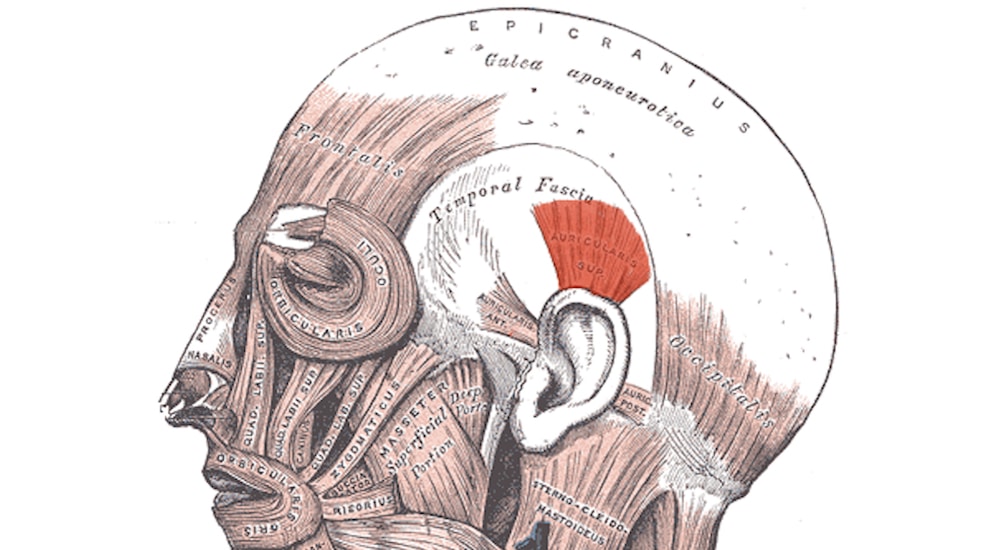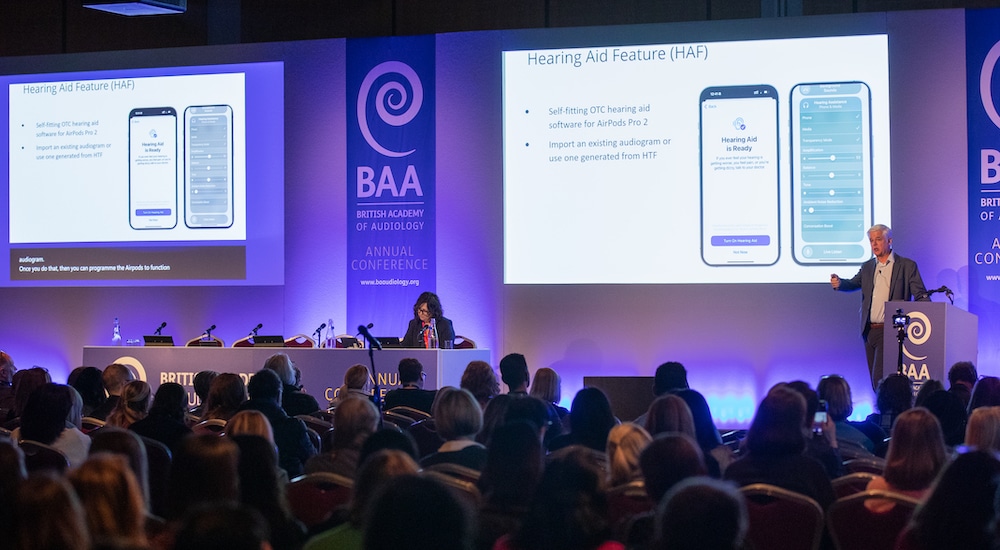A dietary approach to genetic hearing loss
Research
Researchers have found that dietary supplements containing beta-carotene (precursonutrir to vitamin A), vitamins C and E, and the mineral magnesium (ACEMg), may help to reduce hearing loss due to aminoglycosides and overstimulation.

The research team from the Kresge Hearing Research Institute, Department of Otolaryngology – Head and Neck Surgery at the University of Michigan, Ann Arbor, MI, USA used a mouse model to test the influence of an antioxidant-augmented diet, ACEMg, on the cochlea and hearing for two human mutations. First, GJB2, the leading cause of childhood deafness, and second DIAPH3, a cause of auditory neuropathy. Free radicals and oxidative stress are well-known factors for hearing loss caused by overstimulation or ototoxicity.
The ACEMg diet was given to one group of mice modeling GJB2 starting shortly after weaning at 4 weeks of age until 16 weeks. Another group of GJB2 mice received ACEMg in utero and after weaning. A group of mice modeling DIAPH3 was given ACEMg after weaning at 4 weeks until 12 weeks of age. Controls were given ACEMg-free pellets as food. Hearing thresholds were measured by auditory brainstem response.
Hearing thresholds were significantly better for GJB2 mice fed ACEMg than for the control group. However, DIAPH3 mice had poorer thresholds compared to controls, possibly due to amplification of overexpression, according to the researchers. The authors conclude that their results indicate that ACEMg supplementation can influence the progression of genetic hearing loss. This type of approach is interesting because it represents an alternative to gene therapy which is currently being tested, but is not yet ready for clinical use.
Source: Green KL., et al. ACEMg Diet Supplement Modifies Progression of Hereditary Deafness. Scientific Reports. 2016 Mar 11;6:22690.


